SecureLawn Lawn Care offers a comprehensive Warm Season Turf Management program designed to help homeowners achieve a lush and healthy lawn. Our program caters to different types of warm-season grasses, including bermudagrass and zoysia grass, which require different levels of care.
Bermudagrass is a popular warm-season grass that thrives in the heat and humidity of the southeastern United States. This type of grass requires higher nitrogen treatment levels to maintain its lush green color and density. Our program includes regular applications of high-quality nitrogen-rich fertilizers to ensure that your bermudagrass receives the nutrients it needs to flourish.
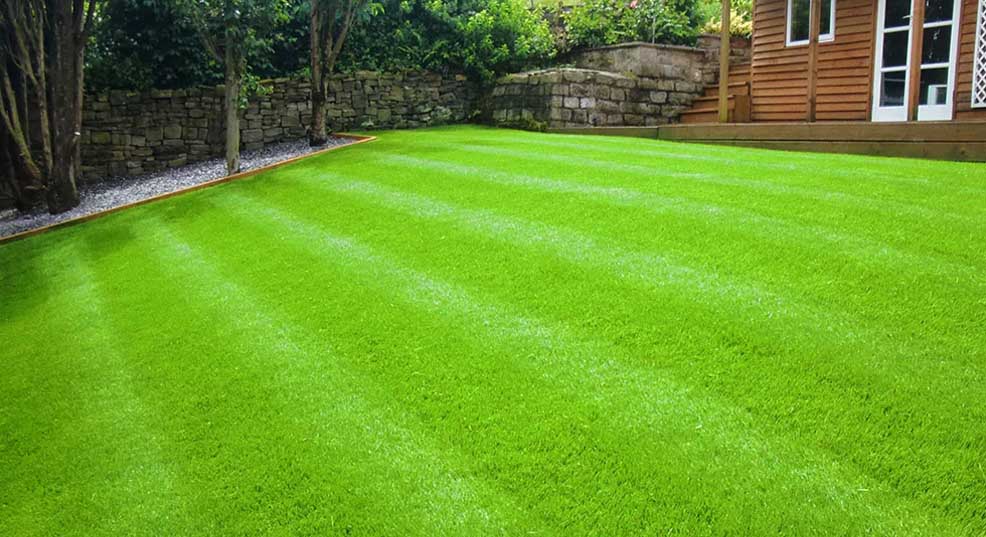
Zoysia grass, on the other hand, requires lower nitrogen treatment levels. This type of grass is more drought-tolerant and can survive with less water and fertilizer. Our specialist will assess the specific needs of your zoysia grass and tailor a treatment plan accordingly to ensure that it remains healthy and vibrant all throughout the summer season.
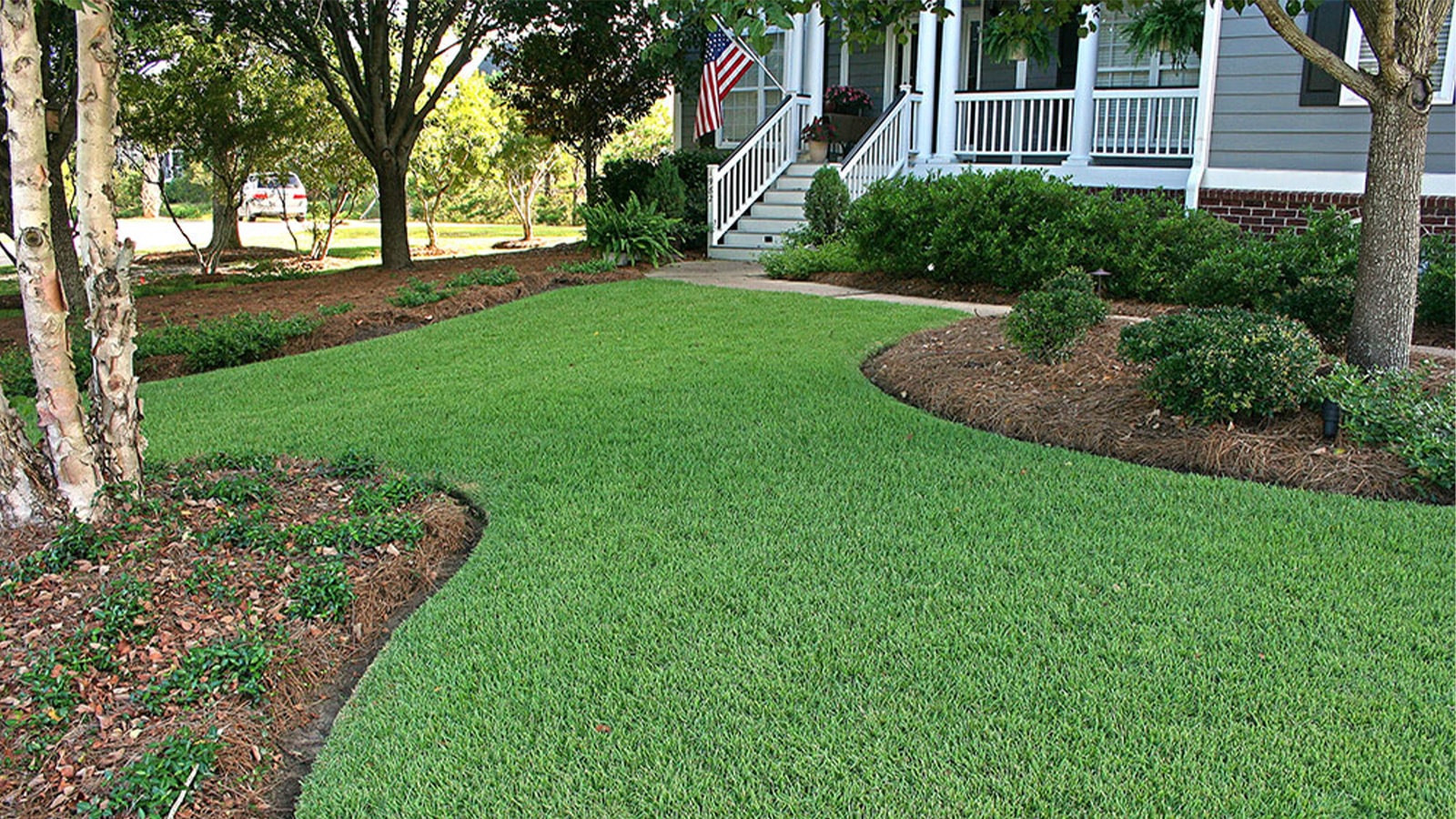
Winter dormancy periods are common in middle Tennessee, where the temperature drops below freezing during the winter months. During this time, warm season grasses like bermudagrass and zoysia grass go dormant and turn brown. However, this is a natural process and does not indicate a dead lawn. Our program includes winterizing treatments to help your lawn prepare for the cold weather and recover quickly in the spring.
Both bermudagrass and zoysia grass will come out of winter dormancy, starting to green up again typically toward mid to late April. If we have an extended cool spring season, with frost or low evening temperatures, these grasses may not completely come out of dormancy until early to mid-May.

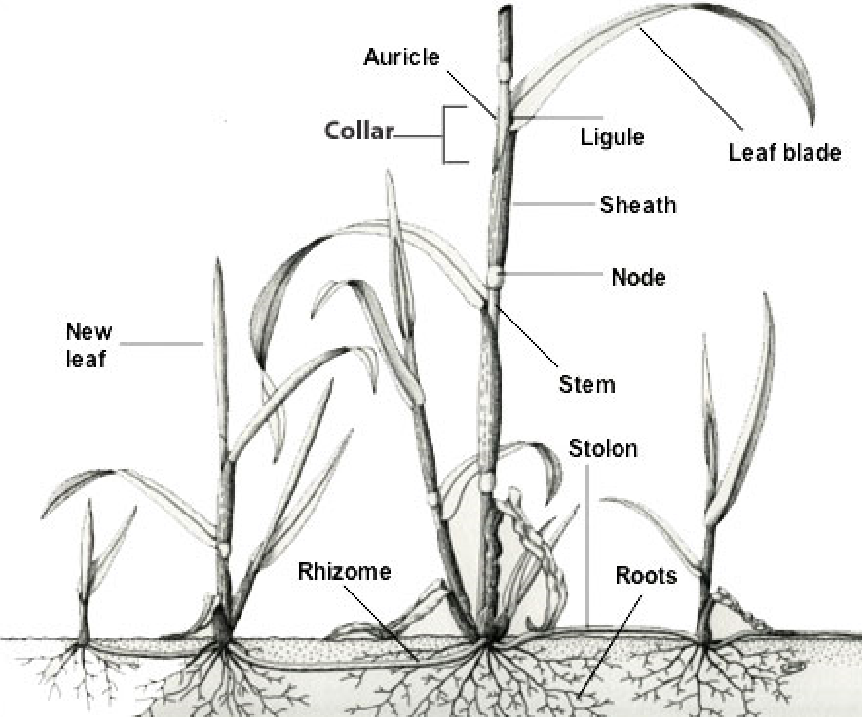
You have to potentially be mindful of spring dead spots or winter kill conditions in warm-season lawns every spring as they break dormancy. It doesn’t happen often but is usually a result of quick temperature drops during the previous fall/early winter season that will initiate this damage. The fix if it happens is commonly additional fertilizer applied to those targeted areas to encourage rapid growth.
Rhizomes and stolons are the names of above-ground and below-ground grass root structures that help warm season grasses spread and form a dense turf. Rhizomes are underground stems that grow horizontally, while stolons are above-ground stems that grow horizontally.
Warm season core aeration is an important component of a fantastic-looking bermuda or zoysia lawn that offers a range of benefits. Core aeration involves removing small cores of soil from the lawn, which helps to reduce soil compaction and allows water, air, and nutrients to reach the grass roots more easily. This process can also help to break up thatch, which is a layer of dead grass and other organic material that can prevent water and nutrients from reaching the roots.
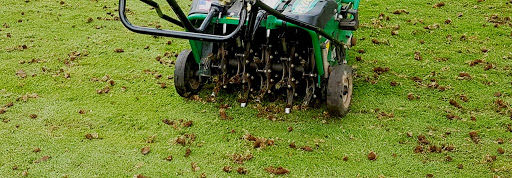
The benefits of warm season core aeration extend beyond the immediate improvement in soil health. By reducing soil compaction, your lawn will be able to establish a deeper and more extensive root system, which will make it more resistant to drought, disease, and other stresses. The increased airflow to the roots can also stimulate growth and improve the overall health and appearance of your lawn.
SecureLawn Lawn Care’s Warm Season Turf Management program offers tailored solutions for bermudagrass and zoysia grass, winter dormancy periods, rhizomes and stolons, and warm season core aeration. Our team of experts can help you achieve a lush and healthy lawn that is more resilient and resistant to stress.
Contact SecureLawn today to learn more about our program and how we can help you transform your lawn.
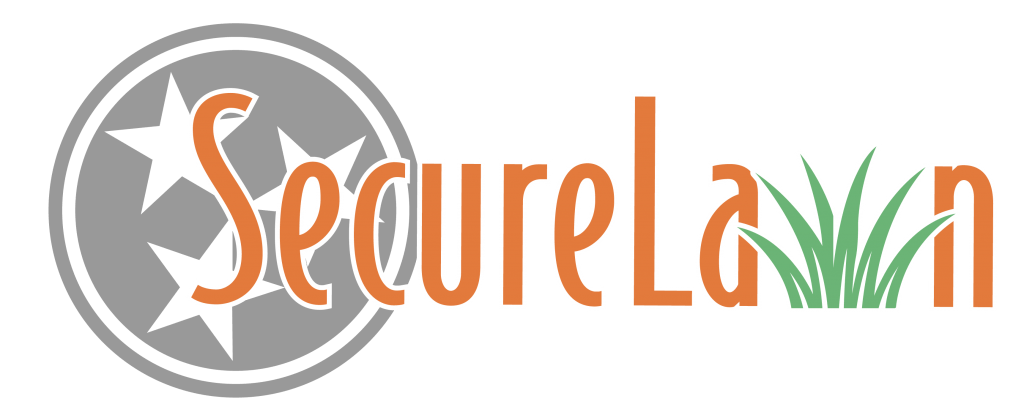
SecureLawn Copyright © 2024 All rights reserved.